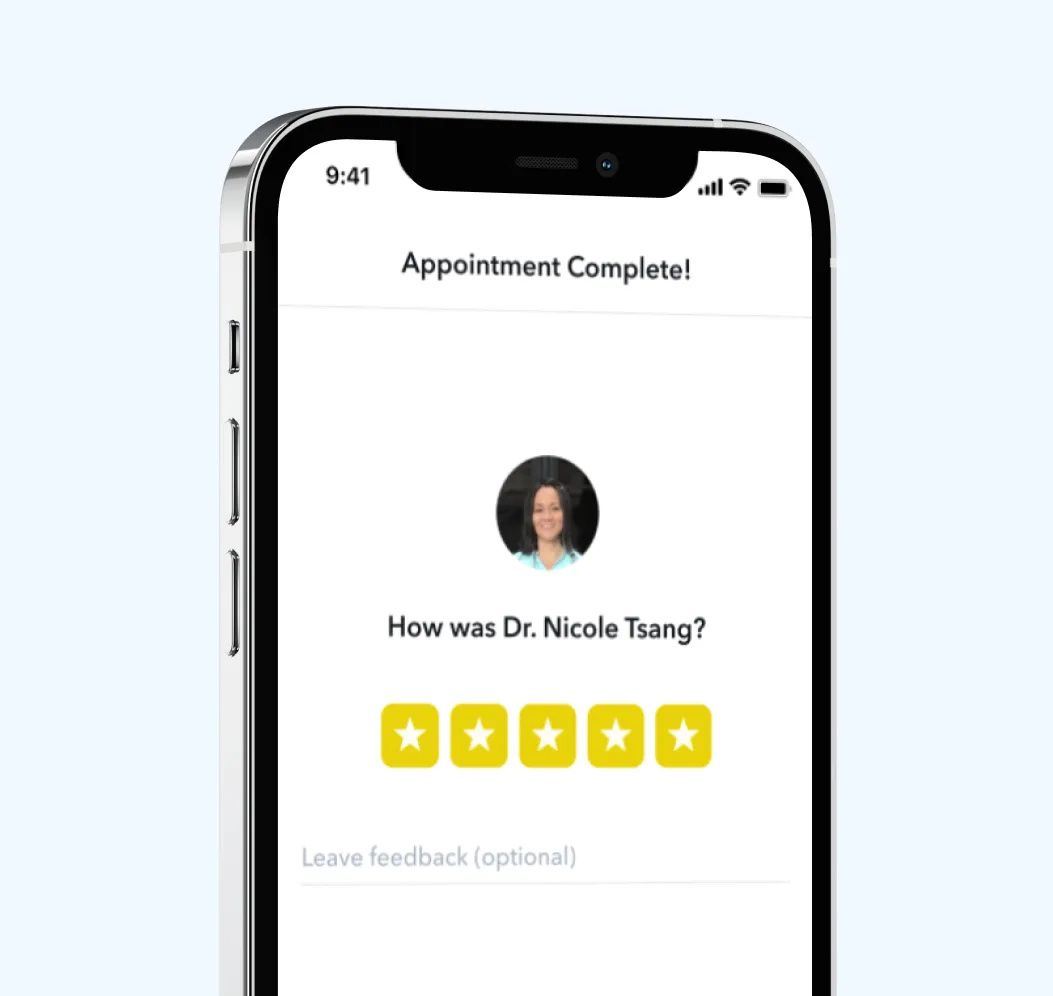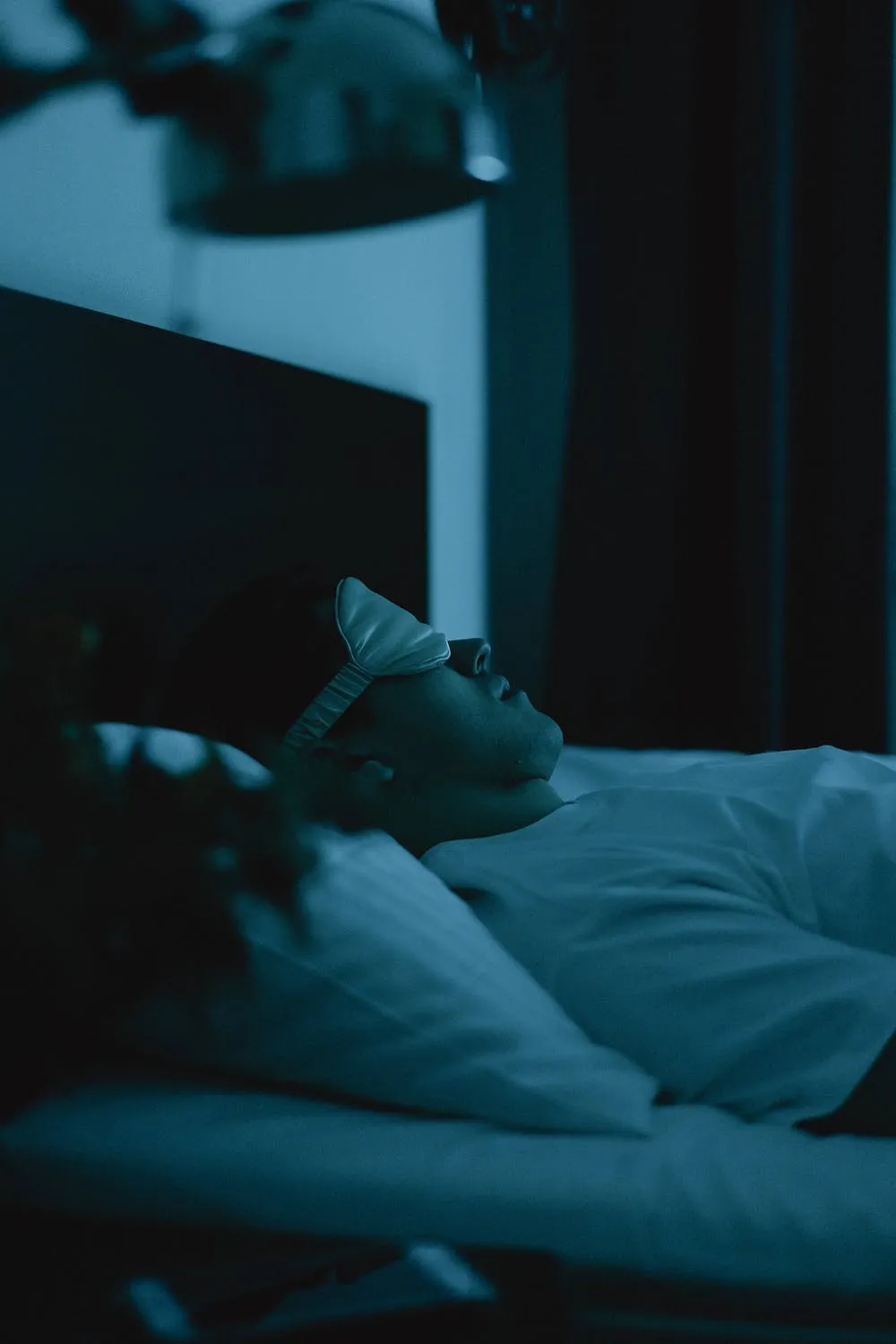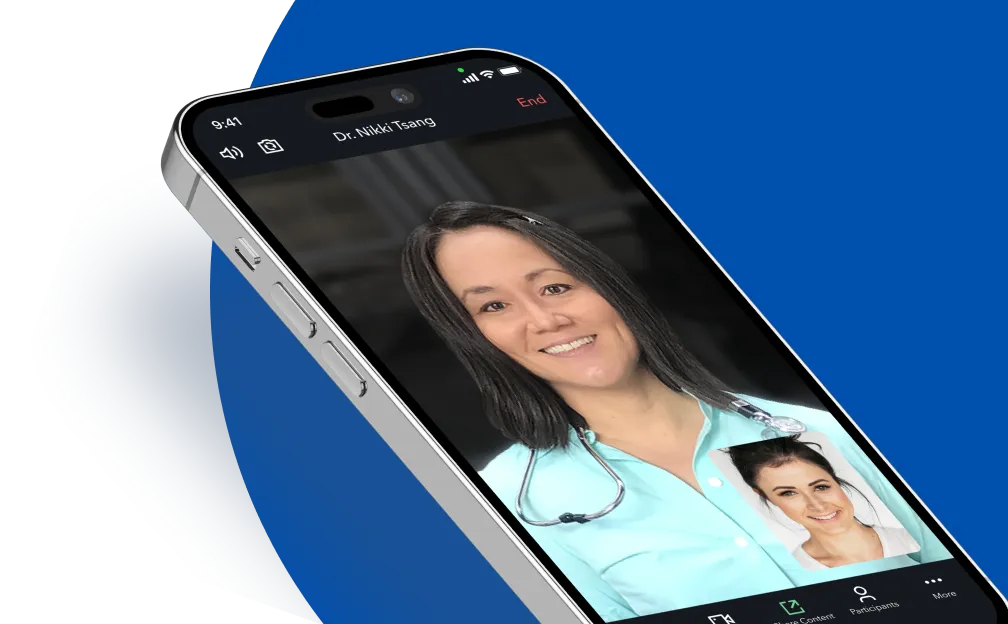Meet with an online doctor over video for depression diagnosis and treatment today.
Circle Medical's team of board-certified and empathetic providers are standing by to help you. Attend a same-day appointment from the comfort and privacy of your own home.
Same-day appointments available

I hear you - this is what we can do.
Dr. Ixchel Alvarez

If immediate assistance is needed, please seek out your local emergency room or urgent care facility. National suicide prevention hotline: 800-273-8255
What to expect
During your initial visit with a provider of your choice, you’ll review your medical history and the experiences that led you to seek treatment for anxiety disorders or other mood disorders. This discussion helps identify whether your symptoms may stem from types of depression, such as major depressive disorder, seasonal affective disorder, or clinical depression. Your provider may request blood work or past medical records to rule out physical health conditions contributing to your symptoms.
In a follow-up appointment, your provider will collaborate with you to design a personalized treatment plan aimed at addressing your symptoms and improving your quality of life.
In the event your provider determines that you may have a condition that is more appropriately diagnosed and managed by a psychiatrist, your provider will provide psychiatry resources. Additionally, Circle Medical is able to offer therapy referrals in all the locations where we offer care.
For more information about who may benefit from generalized depression care through our practice, please explore our comprehensive FAQ.
-
Comprehensive Anxiety / Depression Assessment over video
-
Same-day or next-day appointment availability
-
If appropriate, we offer evidence-based treatment options for depression
-
Therapy referrals available everywhere we offer care
-
As a primary care practice, we can treat you for many other conditions as well, streamlining your medical experience.
Frequently Asked Questions
Anxiety / Depression Treatment
Providers
Insurance & Billing
Other
Clinically appropriate treatment, tailored on a case-by-case basis.
We put patients first in every decision we make, and follow clinical guidelines based on evidence-based medicine to ensure patients get the most effective care possible.
Don't take our word for it.
We are trusted by over 55,000 patients every month. Here's what they have to say.
Circle Medical Providers must meet all of the following standards:
-
Exceptionally qualified in their field
-
Board-certified
-
Deeply empathetic for patients
-
Follows evidence-based care guidelines
-
Embracing of diverse patient backgrounds
-
Impeccable record of previous care
400+ Primary Care Providers.
100% Confidence.
No matter which Provider you choose, you will be seen by a clinician who cares deeply about your health and wants to help you live your happiest, healthiest life.
Circle Medical Providers are held to an exceptionally high standard of compassionate, evidence-based care.
Book Appointment
Held to a higher standard of care by one of the top 10 hospitals in the country.
Our affiliation with UCSF is more than just a partnership. Our providers must hit specific patient care metrics and consistently deliver the highest possible level of care.


